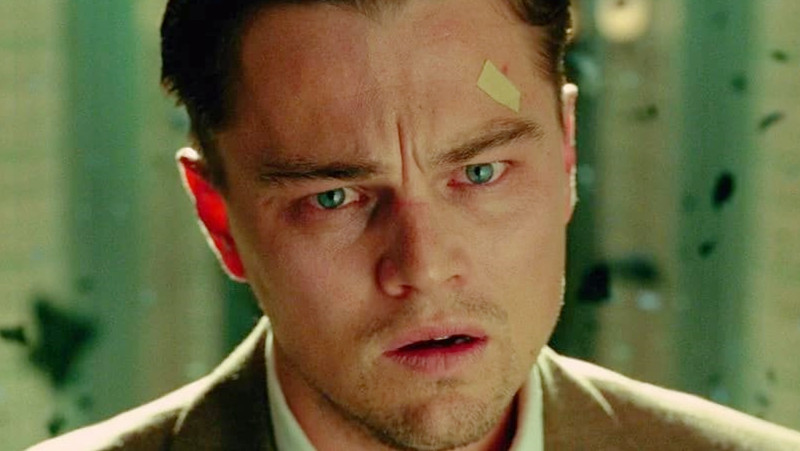
Psychological Thrillers are not a new genre of movies and have been around for decades, however, the 21st century has seen the refinement of this category with movies which are beyond praiseworthy. What sets this genre apart is its unique ability to engage the audience in such a way that they feel the emotional turmoil of the characters to an exceedingly empathetic level and see how they cope and navigate challenges they are faced with.
Not only can movies of this genre be unsettling, but they also excel at leaving the audience full of questions, and second guessing themselves, and allow them to expand the parameters of what they think is going on with the plot. With adept use of misdirection, unreliable narrators, vivid, and often non-linear storylines, these movies challenge the audience’s scope for understanding the convoluted plots. The 20th century served as a catalyst for Psychological thrillers, with movies like, ‘Shadow of Doubt’, ‘Strangers on a Train’, ‘The Sixth Sense’ and ‘Fight Club’, showcasing the different ways the usually paranoid or frenzied characters psychologically battle their demons, be they real or imagined.
1. Nocturnal Animals (2016)
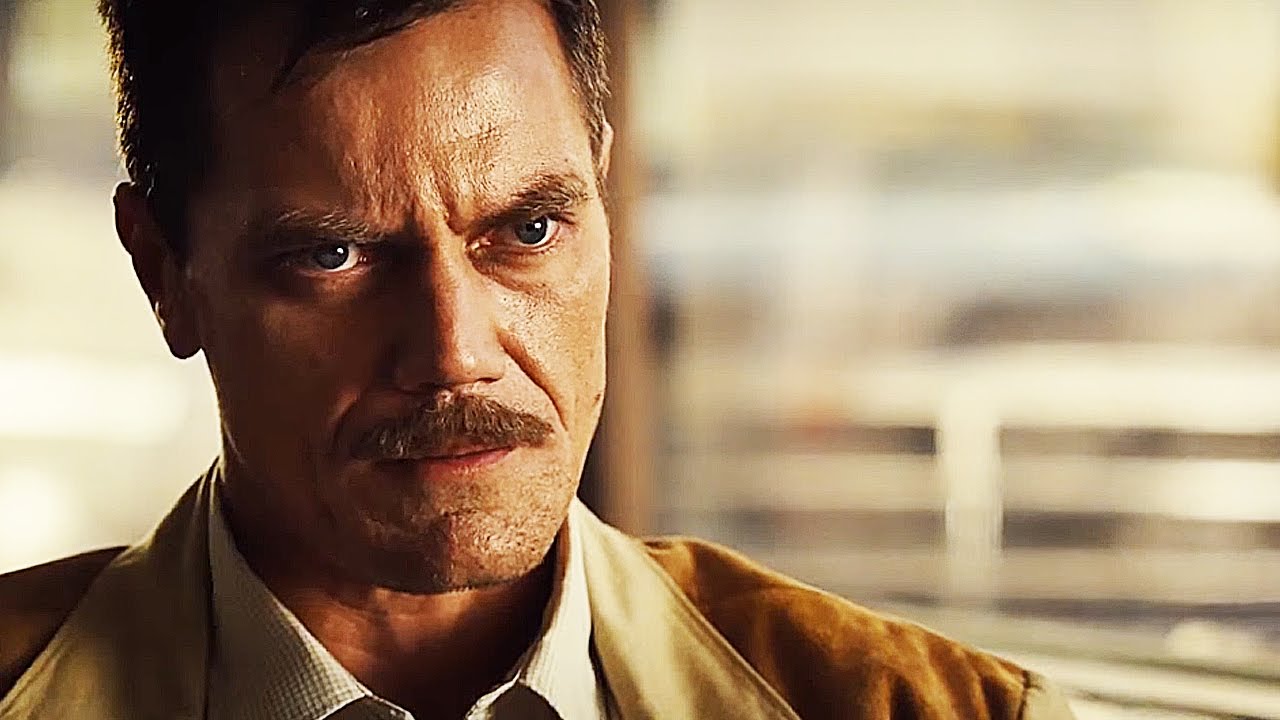
From what was only Tom Ford’s second movie, came one of the most disturbing features of the 2010s. With its immaculate attention to detail, heavy use of symbolism and glamorous costuming, it’s easy to see why Nocturnal Animals is such a cult classic. With compelling performances by the star studded cast including Jake Gyllenhaal, Amy Adams, Michael Shannon (his role earning him an Academy award nomination), Isla Fisher and Aaron Taylor-Johnson, the movie plays out all its tricks on the minds of the audience.
The movie follows a narrative within a narrative approach by playing out the events of Tony’s (Jake Gyllenhaal) book as his ex-wife Susan (Amy Adams) reads the bone chilling manuscript, and deals with fighting her guilt and resurfacing feelings for her ex-husband. The book details a family trip that the fictionalized versions of Tony, Susan and their daughter go on with the contents of the manuscript seemingly getting worse and gory, with themes of regret, betrayal, isolation and most prominently revenge showing up. Couple the distressing subject matter of the manuscript with Ford’s impressive attention to detail, breathtaking cinematography of the Mojave Desert and the use of vivid maroons peppered throughout the movie and you get a hauntingly beautiful tale of revenge and love lost.
The movie itself is chockful of symbolism, with even its name alluding to so much more than what the viewers initially assume. Susan’s career as an art curator further serves as the perfect backdrop for macabre art pieces and dark colors pallets making the scenes in the current time line seem just as ominous, tying in the book’s story to her actual life and implying at the similarity of them both.
Ford makes this movie, though hard to watch again, extremely unforgettable, and does a great job crafting a panic inducing, claustrophobic environment where the audience feels unsafe and caged in, just as the characters do, especially with its fast editing and unpredictable shifts from the manuscript to the real life timeline of the movie.
2. The Machinist (2004)
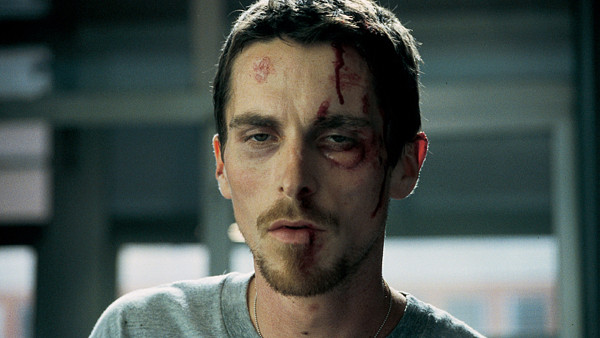
Starring Christian Bale as what is probably the most grueling character he has ever played and is directed by Brad Anderson, who you may know from movies like, ‘Fractured’ and ‘Session 9’, The Machinist remains his best work to date.
Christian Bale lost 62 pounds and went on a strict diet of apples, water and coffee daily for the movie, playing the insomniac factory worker, Trevor Reznik. Given him being severely underweight and his unkempt appearance, Trevor is treated like an outcast, which only gets worse when he is distracted by Ivan (John Sharian), a coworker he doesn’t recognize, and accidently injures another coworker Miller (Michael Ironside), making him lose his arm. To Trevor’s confusion, no one at the factory knows of Ivan and there are no records of him working there at all.
Trevor begins to see mysterious post-its appear on his refrigerator and becomes plagued by hallucinations and becomes obsessed with finding Ivan, leading him to become increasingly paranoid in a quest for answers. As the story progresses, the viewers uncover more about Trevor’s dark past and the guilt he carries. The film expertly displays the role guilt and punishment have on a person’s physical and mental health and shows how a declining psyche can lead to such a life-threatening level.
3. Enemy (2013)
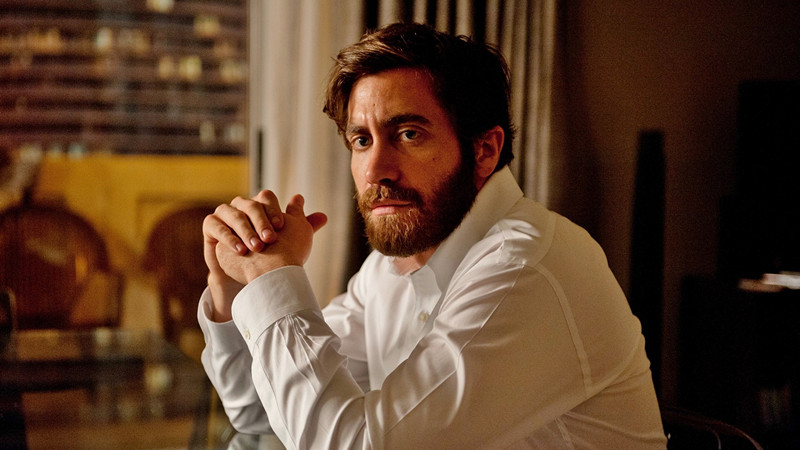
The second of Jake Gyllenhaal movies to make this list, Enemy, directed by Denis Villeneuve who you might know from Dune (2021), Blade Runner 2049 (2017), Arrival (2016), is perhaps his most peculiar and hard to understand on a first watch.
Adam Bell (Jake Gyllenhaal) is a history professor who lives a quiet life with his partner Mary (Mélanie Laurent). While watching a movie, he discovers an actor, Anthony Claire, who looks strikingly like him, and tracks him down and begins to stalk him out of curiosity. This meeting of the look-alikes sends both their lives into a spiral, with Adam becoming obsessed with Anthony’s pregnant wife (Sarah Gadon) and Anthony wanting to impersonate Adam and sleep with his girlfriend.
The movie explores the subconscious and plays on the duality of man in terms of duty, fidelity, and most prominently, desire. With each of the look-alikes portraying different stages or versions of inherently the same person/entity. The movie does a great job at withholding information from the audience and dropping subtle clues on what exactly is happening and whose narrative to believe, leaving you with so many questions that you want to immediately re-watch and pick it apart to see what you might have overlooked your first time.
4. Shutter Island (2010)
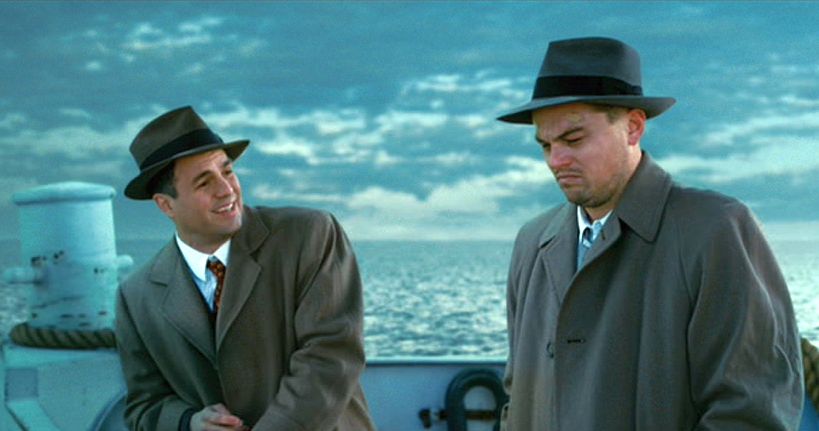
Adapted from the novel by Dennis Lehane and directed by Martin Scorcese, Shutter Island is regarded as one of the most critically acclaimed acting projects of Leonardo DiCaprio’s career. Being an instant success and granting Scorcese his biggest box office opening at $41 million, Shutter Island is time and time again considered one of the movies most synonymous with the Psychological thriller genre. With a stellar cast besides DiCaprio including big names such as Ben Kingsley, Mark Ruffalo, Michelle Williams, Emily Mortimer and Patricia Clarkson, the performances delivered by the actors in this movie are engaging and explore each of their acting capabilities to the fullest.
The movie is set in the 1950s and begins with Teddy Daniels (DiCaprio), a U.S Marshall and his partner Chuck Aule (Ruffalo) who are tasked with investigating the disappearance of a patient (Emily Mortimer) from an asylum for the criminally insane at the deserted Shutter Island. Teddy begins to suffer from migraines, hallucinations and flashbacks from his past about his time in service and of his wife’s death, and discloses to Aule that he took this case in an effort to find his wife’s killer whom he believes may be on the Island.
One unfortunate incidence begins to follow another with the escaped inmate claiming she is Teddy’s wife to alleged lobotomies, and an inmate telling him to not to trust Aule. With a series of perplexing events, Teddy’s paranoia gets considerably worse and after a particularly bad hurricane leaves the pair stranded at the Island and the inmates manage to escape, all of this adds to the already chaotic situation.
At the heart of it, Shutter Island delves into trauma and guilt and the lasting impact that can have on a person, with Teddy displaying various symptoms of Post-Traumatic Stress Disorder and an inability to accept his past.
5. Black Swan (2010)
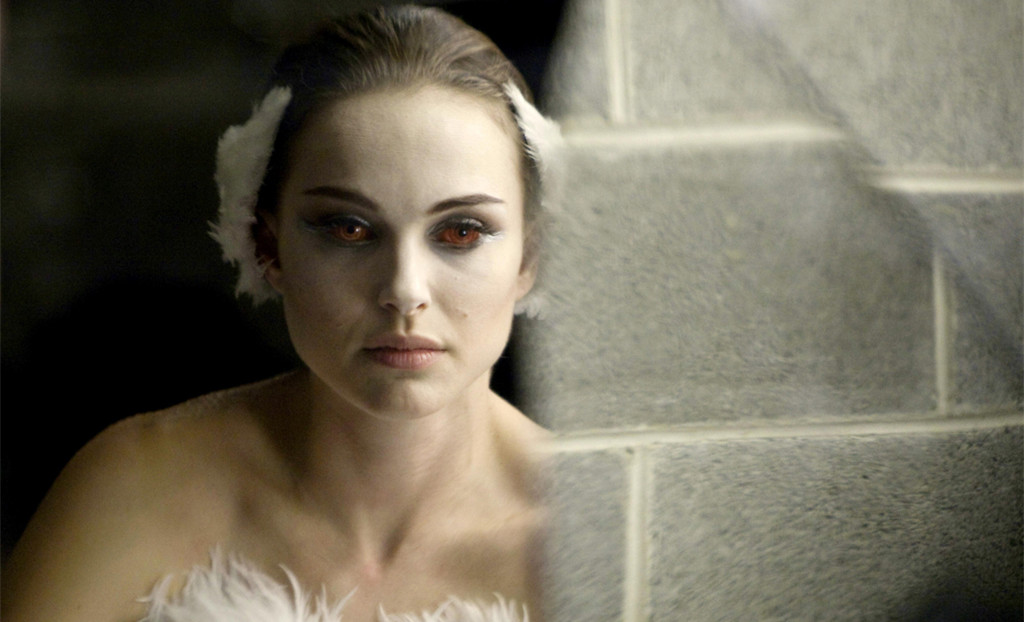
Winning Natalie Portman her second Oscar nod and first win, Black Swan truly showcases Portman’s acting prowess and serves as a testament to an actor’s dedication to her character. With extensive ballet training daily for months and an adherence to a strict almond and carrot diet, she lost around 20 pounds for the movie.
Portman plays the role of the determined ballerina Nina Sayers whom above all else wants to be cast as the lead role of White/Black swan in the upcoming performance of Swan Lake. Her devotion to get this role, along with her overbearing mother’s pressure, soon turns into a sick obsession, with her pushing her body and mind over the limit in an effort to be ‘perfect’. When a competitor arises in the form of Mila Kunis’ character, Lily, Nina’s jealously and need to prove and push herself escalate to a point that she starts to hallucinate and is no longer sure of what is really happening around her.
The movie does a great job at depicting Nina’s declining mental grasp on reality with surrealist shots mimicking her internal struggles of wanting to be perfect, more independent and desired. Not only is her mental health being affected, but the viewers get to see the strain on her body from her over extensive training sessions in an effort to be the best.